The Japanese Way Of Disciplining Children
How Disciplining In Private Helps Children Behave In Public
How are Japanese families disciplining their children — and how are they eliciting good behavior in the first place? I wasn’t the only American mother asking this question.
On train trips with my two-year-old son, he often treated the captive audience of the train car as his own private performance arena: dancing, jumping, doling out smiles to the indulgent passengers who (thankfully) never truly seemed to mind his antics. While I whispered urgent reprimands, I noticed that the other children seemed to sit quietly instead. There was simply an obvious cultural difference in how he was expected to behave and what his Japanese peers were taught. I began to wonder: how are Japanese families disciplining their children?
Managing “Ma no Nisai” (The Terrible Twos)
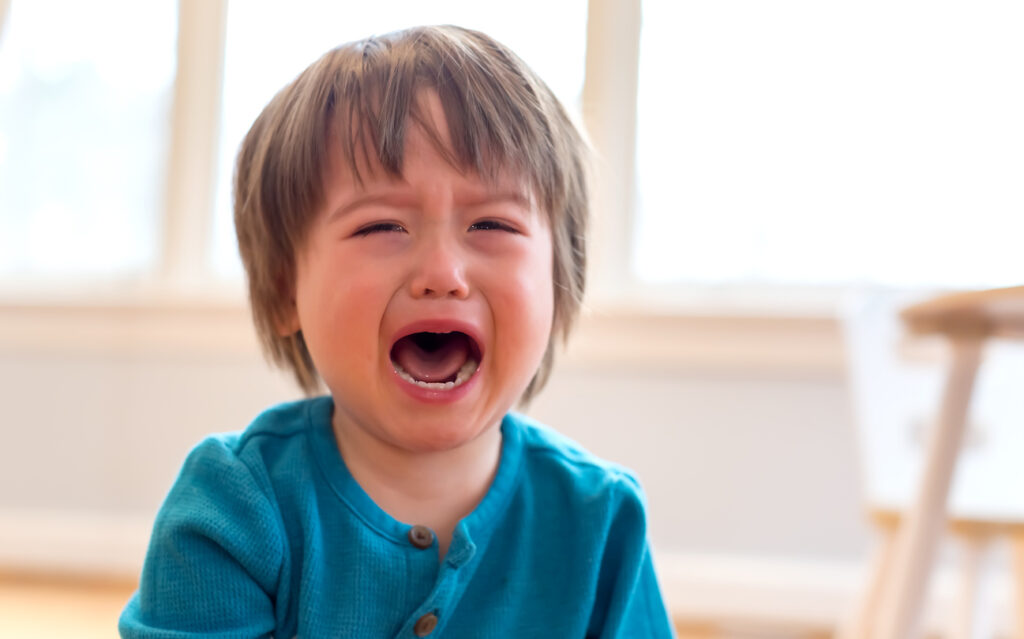 © Photo by iStock: Melpomenem
© Photo by iStock: MelpomenemI wasn’t the only American mother asking myself this question. Finding a misbehaving Japanese toddler became something of a game with other international mom friends whenever we took our children to parks and museums. If we caught sight of Japanese toddlers having an elusive tantrum in public, we would sigh to ourselves in relief. It wasn’t just our children. It was everyone’s. Yet the Japanese parents seemed not to intervene at all. The child would sit on the ground, crying and screaming at the playground or park, and the parents seemed relatively unconcerned.
The child would sit on the ground, crying and screaming at the playground or park and the parents seemed relatively unconcerned.
During one of my son’s epic tantrums, when we cleared out a train car on the Yamanote line from Shinjuku, I was at a complete loss. He decided he most emphatically did not want to ride the train home, but we absolutely needed to do so. Unable to fully restrain him because I was cradling my newborn daughter, my son tried with all his might to leave the train before it departed, and I whispered a sincere gomennasai (I’m sorry) to all the passengers brave enough to remain in the car with us. At that moment, I would have wholeheartedly welcomed someone else intervening — none of my disciplining tricks worked.
I spoke to my Japanese language teacher about the tantrum later, mentioning we have a phrase in English that describes this age in a child’s life: the terrible twos. She nodded. “We do as well,” she laughed. “Ma no nisai. (魔の2歳児; the devilish two-year-old).”
Yet when I asked how people in Japan handled the ‘devilish age,’ she just smiled mysteriously and moved on.
The Art of Shitsuke (Discipline)
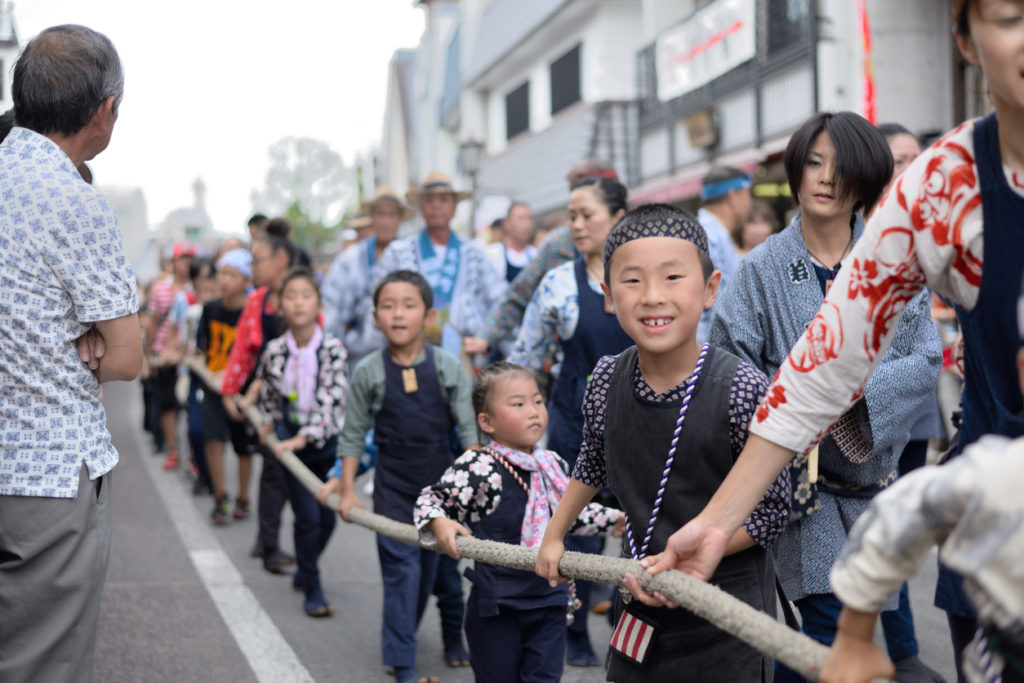 © Photo by iStock: electravk
© Photo by iStock: electravkOne day, I inadvertently discovered why I’d never seen a Japanese parent disciplining their children.
Another day, another busy train, and this time, it was another child throwing a tantrum about riding home. The father quickly pulled his entire family from the train car, and as the doors closed and the train sped away, I saw him crouch down on the now-empty platform to the misbehaving child and begin to scold. It was a revelation.
Where I’d focus on stopping the behavior as it happened, Japanese parents seemed to wait until a private moment to discuss it. I began noticing this everywhere—parents crouched behind pillars in train stations, at the edges of parks, having quiet conversations as the children were packed away into cars.
Where I’d focus on stopping the behavior as it happened, Japanese parents seemed to wait until a private moment to discuss.
Aside from maintaining the pride of the child, disciplining in private also spares the pride of the parent. In Japanese, discipline is shitsuke—which also translates roughly into training or upbringing. I like the thought of it as training. Parents are expected to model the behavior their children should emulate. In my case, quiet consultation in private certainly seemed better than waiting out a tantrum in the middle of a crowded train.
Focus on the Behavior, Not on Punishing the Child
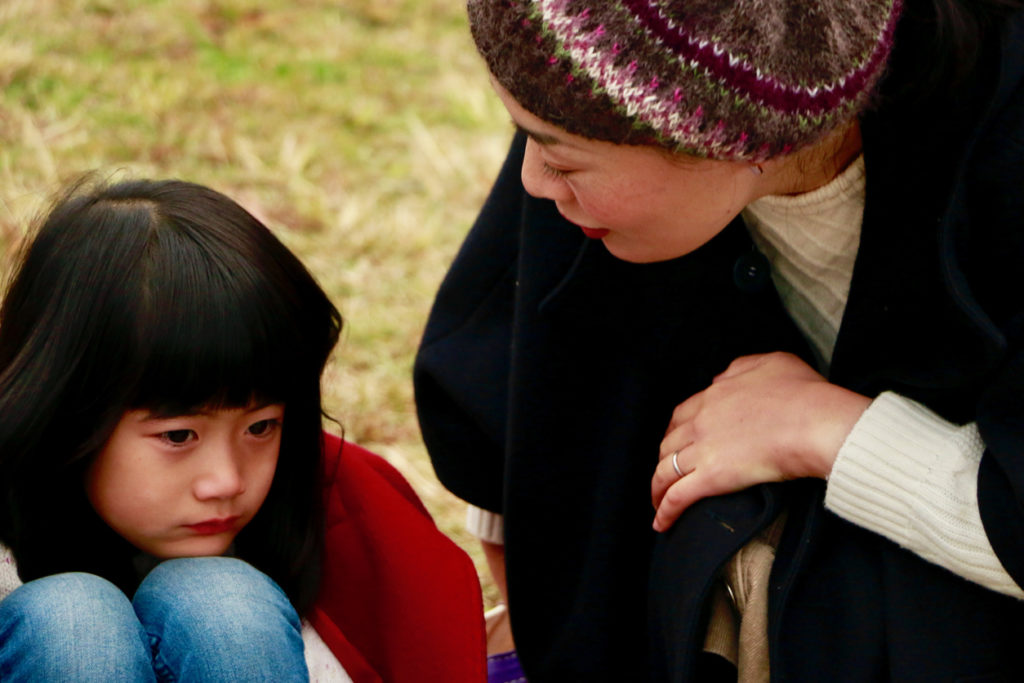 © Photo by iStock: Nayomiee
© Photo by iStock: NayomieeTo be sure, some discipline measures are extreme everywhere. One family in Japan made international headlines when their seven-year-old went missing in bear-country Hokkaido after they’d put him out of the car and driven away as a punishment for his misbehavior. When they returned minutes later, he’d vanished (and thankfully was found, albeit several frantic days later). Child psychologists worldwide seem to agree that it’s always best to focus on the behavior—not the child.
The overall focus on training as a discipline—teaching children to behave by repeatedly modeling the appropriate behaviors and privately correcting them when they veer from that course—is also apparent from my visits to watch my son at his kindergarten. The students follow a strict schedule, repeating the same songs, games, and polite behaviors like putting shoes away neatly and sitting quietly until it becomes routine.
To Each Their Own
But in the end, we all just do what works. One sunny afternoon at yochien pickup, the sensei stopped me after class. Through a friend helping translate, the sensei said she’d had trouble disciplining my two-year-old that day. She didn’t know how to explain to him to stop in English, and he mistook her admonishments as a new game, mimicking her when she tried to reprimand him.
Finally, she told me, she just yelled at him like I did. I was slightly awed and also embarrassed. “How do I yell at him?” I asked. (And how often did I yell at him in her presence, I wondered).
She demonstrated, saying his name quickly and full of low, unmistakable warning—exactly as I do when my patience runs thin—and laughed. “It worked perfectly,” she told me.
Do you have any tips for other parents when it comes to disciplining children in Japan?
This article has been updated and republished for 2024.












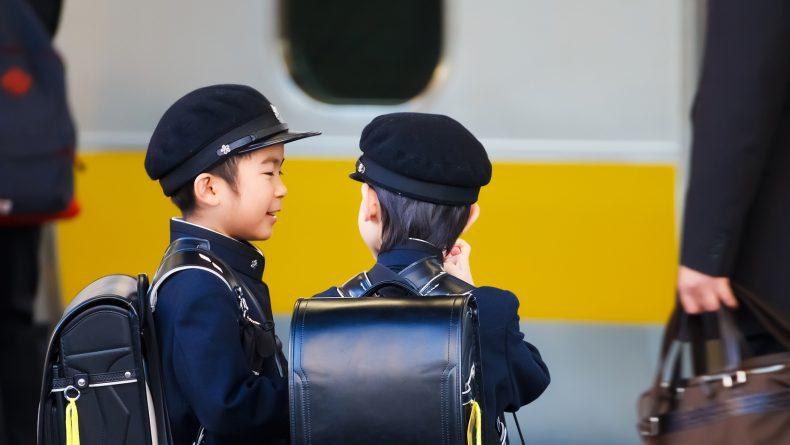

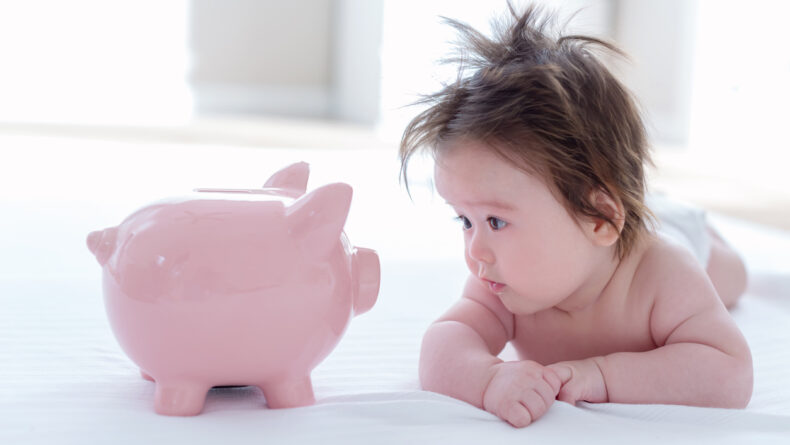

A child will always try to test the limits on how much he can go with a parent. If you have no control over him, he will soon become spoiled, entitled and hyper.
Parents need to show the child who is in control, and that he cannot always have what he want
This type of private discipline might work short term but it is important to set boundries of what is permissable behavior and what is not. DIscipline on the spot when bad behavior occurs so the child relates the behavior to the discipline.
Focus on the Behavior, Not on Punishing the Child – a constructive mantra.